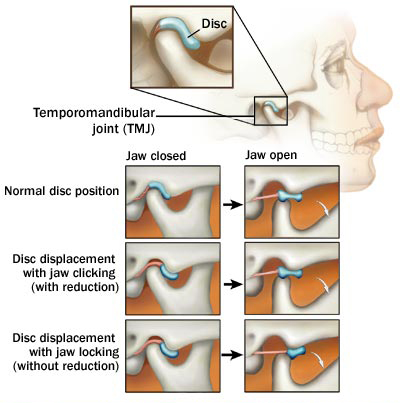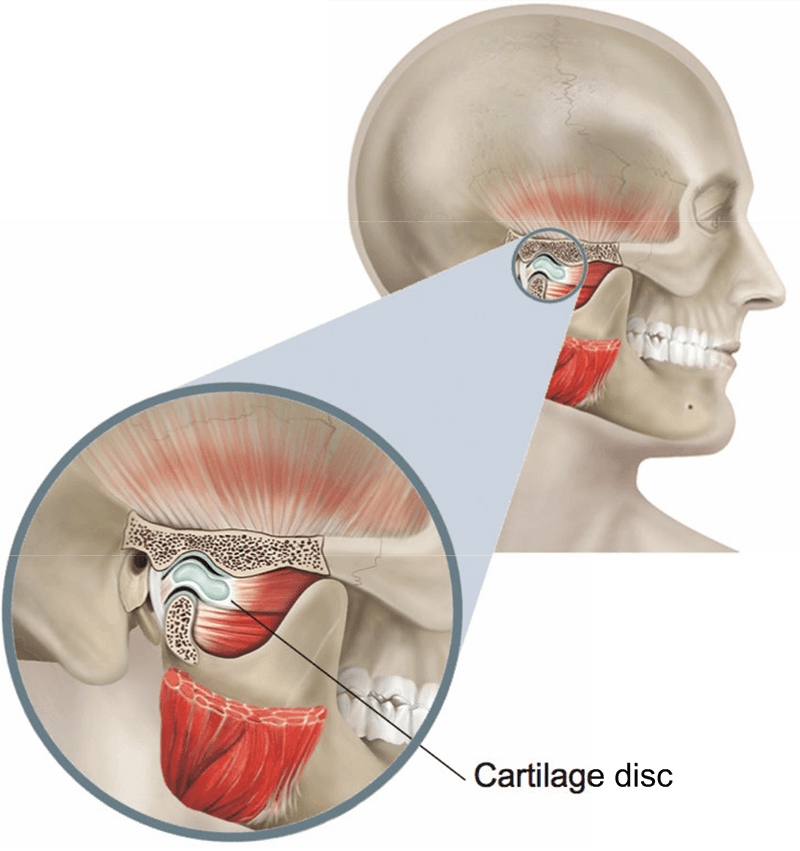
Jaw lock is a condition in which muscles become blocked after the brain sends a signal to the muscles to open
This is a very rare but very painful condition in which muscles become seized due to a bacterial infection called tetanus. Unfortunately, constipation of the jaw or even tetanus, as well as folikulitis, are extremely rare today, as most of us were vaccinated against this condition thanks to the vaccination process introduced in the early 90s.
When a person has a blockage of their jaw, they often have difficulty swallowing. Their speech becomes slower, and when their jaw drops, they cannot open their mouth wide enough to eat normally. It can also be a difficult condition for parents because it can mean that their baby cannot feed on their own and must depend on other people to help them feed. Parents often take their children to the doctor for treatment or vaccinations.
Symptoms of this condition include a loud moan when swallowing, a sensation of falling out of the tongue, and pain or burning in the mouth. There are people who will notice that their jaw does not open wide and does not open when swallowing.
If the above symptoms are present, it is best to seek medical attention as soon as possible. At this stage, the first step in treating this condition will be tetanus vaccination, and any medication that is prescribed must be taken by mouth.
If you are experiencing these symptoms and think that you may have lock jaw, it is important to get medical attention as soon as possible. There are a number of treatments available to treat this condition, and it is essential that if the lock jaw is causing you some distress that you seek medical advice.
Surgery is often the first choice for people with this condition. The main reason for this is that this procedure is quick and relatively painless.
The surgeon will break your jaw open, remove the infected jaw, and then insert a metal piece into the affected jaw. This prevents the jaw from moving, and while this isn't permanent you will be able to eat normally again.

If the above doesn't work you will need to take medication and possibly surgery to control the problem
If you do not want to go through with this, you can try anti-parasitic drugs, which you take orally. or use inhaler drops for the pain and swelling.
Medication to treat this condition can take several weeks to take full effect. You may notice that your jaw does become a little painful after the medication is stopped. After a few days of stopping the medication, it will usually return to normal and the symptoms will disappear.
There are also devices available that you wear to prevent locking of your jaw in place while eating and there is the possibility of using a mouth guard while eating. This will help to reduce the symptoms.
This is another common cause of lock jaw in babies. The condition can also occur in adults but it is normally seen more commonly in adults than it is in babies. Most adults notice it as the teeth will be loose and there may be problems with chewing.
This condition often occurs due to arthritis, bursitis, or osteoarthritis of the jaw. In both of these cases it is caused by a build up of fluid in the joint. Other causes can be from an infection, trauma to the jaw, or because of something as simple as too much grinding or clenching of the teeth.
If you are suffering from lock jaw, it is important to speak to your doctor about your treatment options. There are many things that can be done to stop it from occurring, and getting treatment right away can really help the situation.